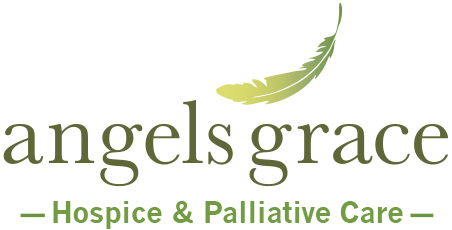What Primary Hospice Diagnosis Qualifies for Hospice Services?
 There are many disease processes and diagnoses that may qualify someone for hospice services. Most of these diseases would need to be in their advanced stages, end stages, or non-curative stages. In addition to these limitations, the desire to forego any further aggressive or invasive treatment options is necessary, or the lack of further treatment options must be present.
There are many disease processes and diagnoses that may qualify someone for hospice services. Most of these diseases would need to be in their advanced stages, end stages, or non-curative stages. In addition to these limitations, the desire to forego any further aggressive or invasive treatment options is necessary, or the lack of further treatment options must be present.
Some of the primary and most common hospice diagnosis are:
- end-stage Alzheimer’s disease
- cancer
- pulmonary disease
- heart disease/failure
- kidney failure/renal disease
- liver disease, stroke
- Amyotrophic Lateral Sclerosis (ALS)
- HIV
There are many other allowable hospice diagnoses such as a form of malnutrition that is often precipitated by an underlying primary diagnosis.
Is Hospice Care Covered by Medicare?
Angels Grace Hospice closely follows the Medicare guidelines for qualifying for hospice. While some of the criteria that Medicare requires may not be met, a person’s condition and/or the rate of their decline may still make them eligible for hospice. The primary care physician, and the hospice attending physician work together to determine the appropriate hospice diagnosis.
At Angels Grace Hospice, we take a close look at our patients, their condition, changes they have had, symptoms they may already be in need of management of, and formulate the most appropriate hospice diagnosis. The treatment plan is also created around your primary diagnosis, including the plan for anticipated needs that are related to the care required during the end stages of these diseases.
At Angels Grace Hospice, in Bolingbrook, IL we provide customized care plans specific to each of the patients and their families. We provide end-of-life care at home, hospitals, skilled nursing homes or assisted-living facilities depending on individual circumstances. Contact us with any questions and for further assistance with your end of life care options.


